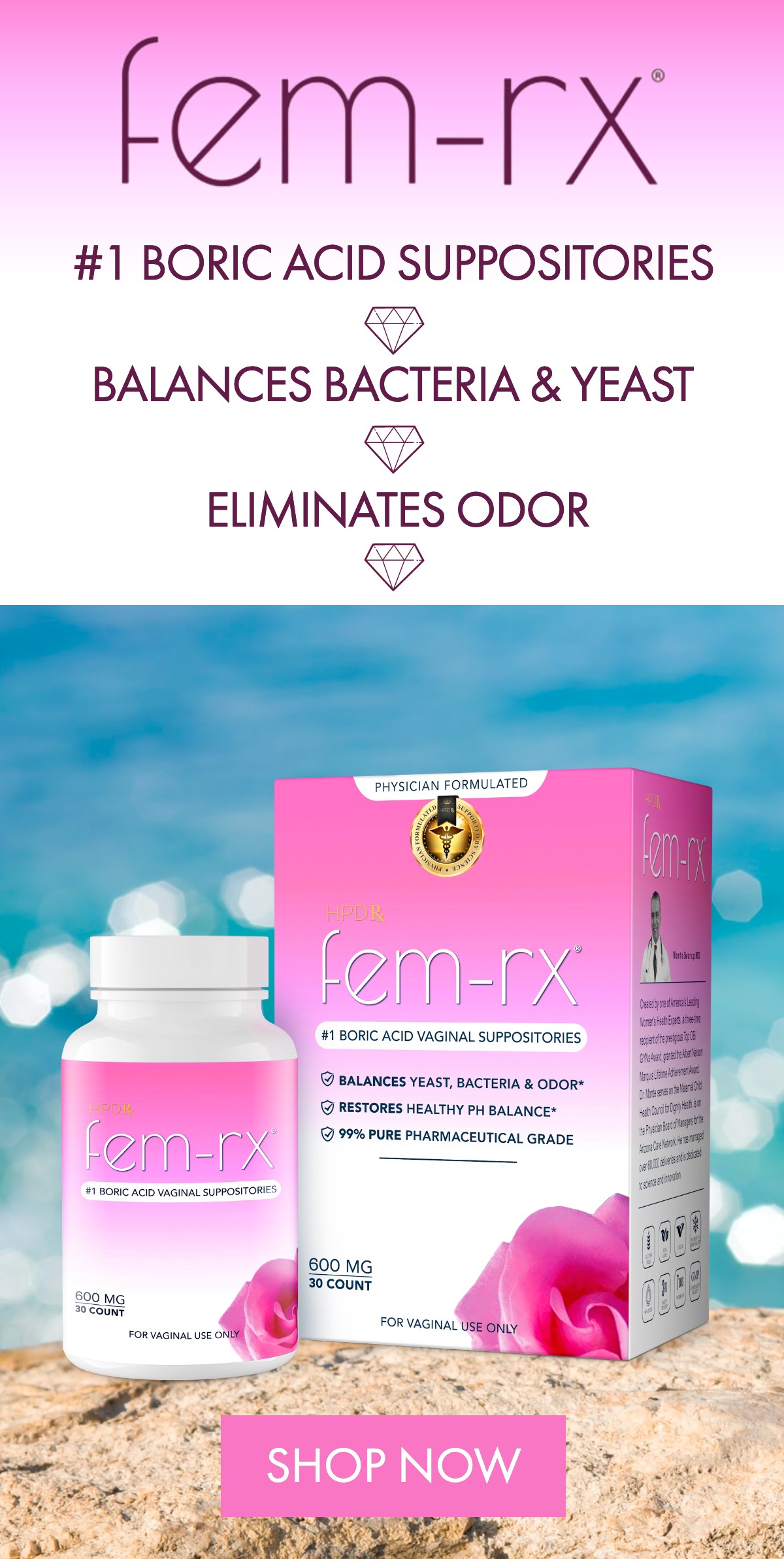
While extracts from fungi might sound dangerous, AHCC has become increasingly popular and well-studied. Derived from shiitake mushrooms, this nutritional supplement’s claim to fame is its anti-cancer and immune-boosting effects.
Manufactured in Japan, this extract has been shown to regulate the immune system by increasing natural killer and T cells. These cells play important roles in fighting infection and ridding the body of cancerous growths.
So, maybe you’re curious: Should you try AHCC? In this article, we outline everything you need to know before you make that next purchase. Let’s dive in.
Benefits of AHCC
Before exploring the researched benefits, it’s worth noting that no supplement should be used to treat, cure, or prevent disease. Always follow the advice and recommendations given to you by your doctor; they know you and your health situation the best.
AHCC is an over-the-counter supplement in the United States, meaning you don’t need a prescription to buy it. So, what are its supposed benefits? Here are the top four.
Anti-Cancer
The biggest news to hit the headlines regarding AHCC is its potential place in cancer treatments. One study indicates that AHCC could prolong the lives of individuals with an advanced cancer diagnosis.
Other research further demonstrated AHCC’s potential to help remedy the undesirable side effects that occur with chemotherapy, such as vomiting and nausea. Additionally, a smaller study consisting of 29 individuals showed that when AHCC was taken for two years, there was a lower risk of cancer recurrence.
Yet, again, AHCC should not be used in place of other cancer treatments. However, it may be worth a discussion with your doctor regarding its place in your current treatment regime.
Boosts Immunity
Each year, many of us experience the throes of cold and flu season. Thus, many of us load up on vitamin C and other supplements to help support immunity and ward off illness. But AHCC is showing some promise in this area, too.
While more research is needed, smaller studies consisting of 34 participants have suggested that AHCC may help compensate for seasonal changes that contribute to winter illness. Researchers demonstrated how these individuals had better immune function than the control group who took a placebo.
On top of this, some preclinical trials also show great promise. Animal and test tube studies have shown that it could be invaluable for combating symptoms of West Nile virus and the flu. But, yet again, more research would help solidify these reports.
Improves Alcohol-Related Liver Disease Markers
AHCC might also have a place in helping alleviate the symptoms and markers of alcohol-related liver disease. This type of condition arises due to excessive alcohol consumption and consists of several stages, rarely causing issues until the more advanced stages.
Yet, studies show that AHCC may improve liver enzyme levels and lower inflammation associated with this disease. While this research is fairly new, more would help determine whether this supplement should be recommended to those diagnosed with liver disease.
May Suppress HPV (Human Papillomavirus)
HPV is a sexually transmitted infection. Often, it causes no symptoms, but it can cause warts, and high-risk types of HPV are associated with cervical cancer.
AHCC is emerging as a potential treatment for HPV suppression. Studies on AHCC have shown that when taken daily, it has a success rate of 60% within six months at suppressing the virus in testing. However, use caution with this approach. With scarce research, it’s always a good idea to follow your doctor’s orders.
Dosage: How Much Should You Take?
If your healthcare provider is on board with you trying AHCC, it’s advised to follow the directions on the product’s label. Most products recommend between one and three grams daily, but dosage recommendations may vary depending on your use or needs.
For example, recommendations made in clinic trials include:
● One gram daily for immune function
● One to three grams daily for increased liver enzymes
● Three grams daily for liver cancer support and HPV
● Six grams daily for pancreatic cancer
Keep in mind that the above is merely a guideline based on scientific research. Discuss what’s best for you and your situation with your healthcare provider.
Is It Safe to Take AHCC?
AHCC is generally considered safe. However, if you’re allergic to mushrooms, it should be avoided. If you experience an allergic reaction, such as itching, hives, or shortness of breath, seek emergency medical attention.
AHCC Side Effects
Some side effects reported from taking AHCC include:
● Fatigue
● Nausea
● Heartburn
● Bloating
Side effects may vary depending on the individual. Most won’t experience any side effects.
Additionally, AHCC is not recommended for those who are pregnant, breastfeeding, or on certain medications. This supplement may react with Femara (letrozole) or other cancer drugs. This is why discussions with your doctor are important to have before starting a new supplement regime. It’s further not recommended for children since there have been no scientific studies on this part of the population.
Lastly, supplements aren’t regulated by the Food and Drug Administration (FDA), which means that labels can be deceiving. As such, it’s important to choose a supplement based on thorough research and third-party testing.
References:
1. Shin, M. S., Park, H. J., Maeda, T., Nishioka, H., Fujii, H., & Kang, I. (2019). The Effects of AHCC®, a Standardized Extract of Cultured Lentinura edodes Mycelia, on Natural Killer and T Cells in Health and Disease: Reviews on Human and Animal Studies. Journal of immunology research, 2019, 3758576. https://doi.org/10.1155/2019/3758576
2. Cowawintaweewat, S., Manoromana, S., Sriplung, H., Khuhaprema, T., Tongtawe, P., Tapchaisri, P., & Chaicumpa, W. (2006). Prognostic improvement of patients with advanced liver cancer after active hexose correlated compound (AHCC) treatment. Asian Pacific journal of allergy and immunology, 24(1), 33–45.
3. Suknikhom, W., Lertkhachonsuk, R., & Manchana, T. (2017). The Effects of Active Hexose Correlated Compound (AHCC) on Levels of CD4+ and CD8+ in Patients with Epithelial Ovarian Cancer or Peritoneal Cancer Receiving Platinum Based Chemotherapy. Asian Pacific journal of cancer prevention : APJCP, 18(3), 633–638. https://doi.org/10.22034/APJCP.2017.18.3.633
4. Kamiyama, T., Orimo, T., Wakayama, K., Kakisaka, T., Shimada, S., Nagatsu, A., Asahi, Y., Aiyama, T., Kamachi, H., & Taketomi, A. (2022). Preventing Recurrence of Hepatocellular Carcinoma After Curative Hepatectomy With Active Hexose-correlated Compound Derived From Lentinula edodes Mycelia. Integrative cancer therapies, 21, 15347354211073066. https://doi.org/10.1177/15347354211073066
5. Takanari J, Hirayama Y, Homma K, Miura T, Nishioka H, Maeda T. Effects of Active Hexose Correlated Compound on the Seasonal Variations of Immune Competence in Healthy Subjects. Journal of Evidence-Based Complementary & Alternative Medicine. 2015;20(1):28-34. doi:10.1177/2156587214555573
6. Wang, S., Welte, T., Fang, H., Chang, G. J., Born, W. K., O’Brien, R. L., Sun, B., Fujii, H., Kosuna, K., & Wang, T. (2009). Oral administration of active hexose correlated compound enhances host resistance to West Nile encephalitis in mice. The Journal of nutrition, 139(3), 598–602. https://doi.org/10.3945/jn.108.100297
7. Roman, B. E., Beli, E., Duriancik, D. M., & Gardner, E. M. (2013). Short-term supplementation with active hexose correlated compound improves the antibody response to influenza B vaccine. Nutrition research (New York, N.Y.), 33(1), 12–17. https://doi.org/10.1016/j.nutres.2012.11.001
8. Kim, H., Kim, J. H., & Im, J. A. (2014). Effect of Active Hexose Correlated Compound (AHCC) in alcohol-induced liver enzyme elevation. Journal of nutritional science and vitaminology, 60(5), 348–356. https://doi.org/10.3177/jnsv.60.348
9. Smith, J. A., Gaikwad, A. A., Mathew, L., Rech, B., Faro, J. P., Lucci, J. A., 3rd, Bai, Y., Olsen, R. J., & Byrd, T. T. (2022). AHCC® Supplementation to Support Immune Function to Clear Persistent Human Papillomavirus Infections. Frontiers in oncology, 12, 881902. https://doi.org/10.3389/fonc.2022.881902









